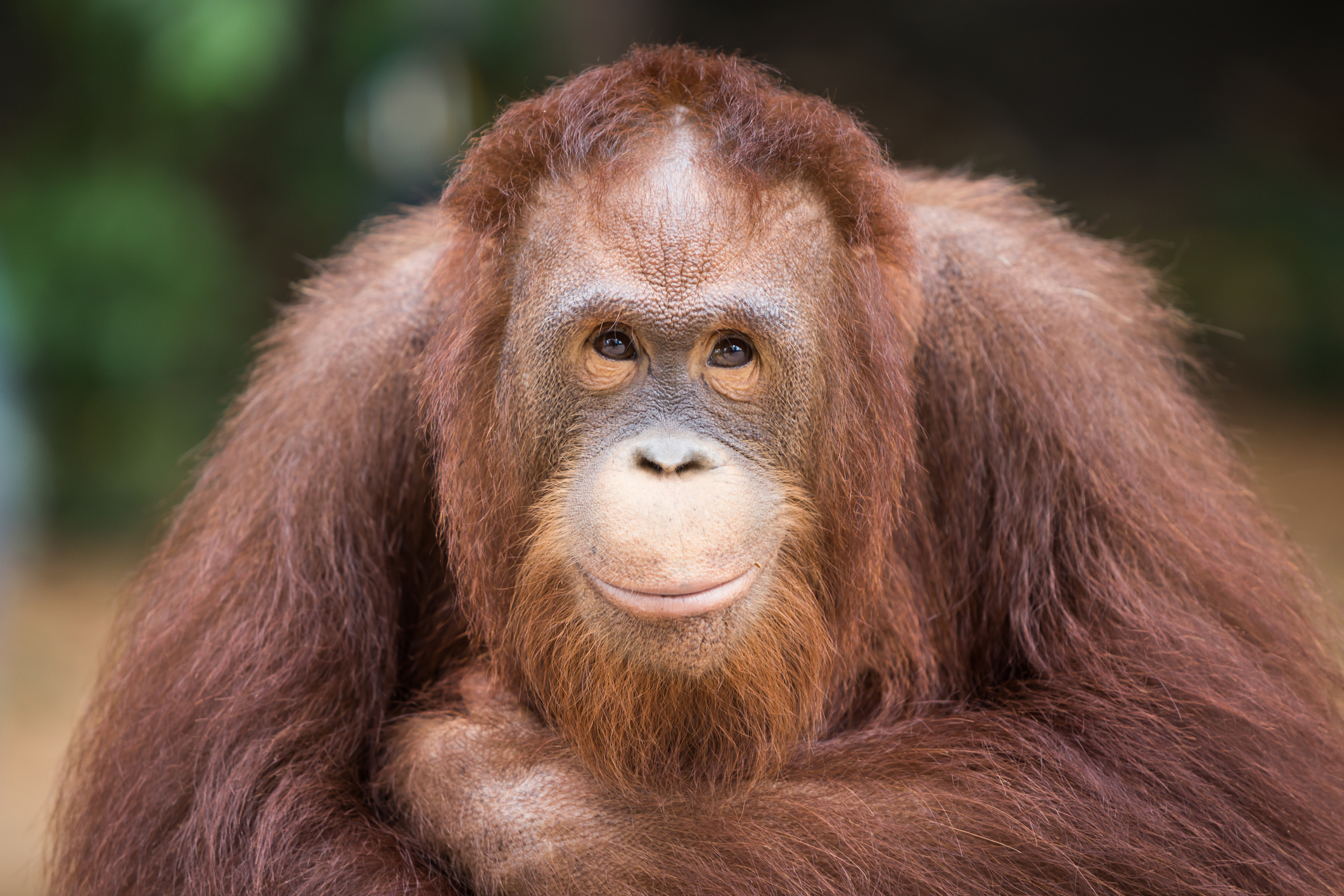The Implications of NHP Shortages for US Biomedical Research

Since the beginning of 2020, China placed an export ban on nonhuman primates from entering almost every continent. The result of this ban has greatly affected biomedical research in the UK, Europe, and the US. The US has become reliant on China’s export to test for new treatments for cardiovascular diseases, neurological disorder and cancers. Executive director of European Animal Research Association, Kirk Leech, mentions“as China is the primary source of NHPs purpose-bred for scientific purposes, this ban has had a dramatic impact on both the supply and the cost of NHPs around the world and the ability of researchers to access the animals essential for the development of new vaccines and medicines.”
The development of COVID-19 vaccine has proven the great need of nonhuman primates. Leech also reinforces the “export ban is a clear and present danger to human health, creating obstacles to, and additional expenses for, the development of vaccines and therapeutics, including for Covid-19. The Pfizer-BioNTech vaccine relied on preclinical data generated by BioNTech in Germany, using rhesus macaques. The Oxford-AstraZeneca vaccine and the Janssen vaccine have also relied on preclinical testing with NHPs for safety and efficacy.”
About 60% of the US’s monkeys are received from China, and over the past year the price of rhesus macaques,Macaca fascicularis and marmoset has doubled to $10,000. Leech mentions some firms were paying $30,000 per monkeys.
One of the biggest concern Leech presented was“Imagine a new pandemic; we would need a global response; we would need vaccine research and we would need to use NHPs. If shortages grow worse due to China’s actions, UK researchers would not be able to respond as they have to the Covid-19 pandemic. That is a real fear.”
Read full text:https://unherd.com/2021/02/chinas-plan-for-medical-domination/
